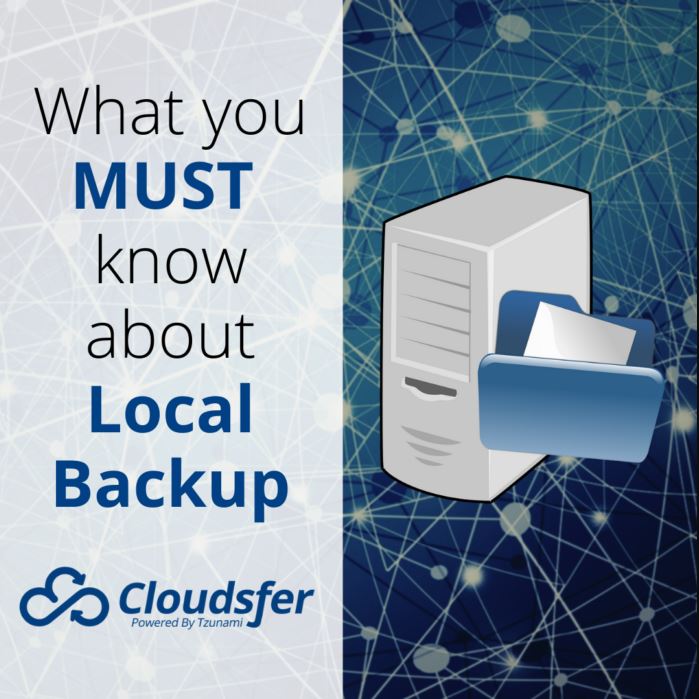The world’s most valuable resource is data (according to The Economist) and you must protect it. However, many organizations may not be aware of their rights and obligations over stored data. In different countries, data is protected by different privacy laws. This can make legal challenges to data access hard to defend. Privacy laws in the EU, for example, may well not be protected in a different foreign jurisdiction. This article covers the importance of backup and replicating the data in your local environment.
Organizations need to store and maintain data for years in order to comply with legal obligations. Server location refers to the location where all the data is stored, while headquarters refers to where the business is located. Both locations have an influence on which legal grounds of data protection apply. However, if the server and the business are located in the EU, the location of the business decides the applicable law.
This is regulated in the European data protection guidelines and will find entrance into the new EU data protection agreement. Even though, in Germany, for example, the national German data protection law (German Data Protection Act) applies – as long as the server is located in Germany or in an EU country. If the data is located in servers in France, then it is subject to French access rights.
There are also a few exceptions, the data protection guidelines of the EU country automatically apply if a business has a subsidiary in an EU country where the server is located. Furthermore, you need to be aware of possible surveillance activities and orders for disclosure of customer data to police or other public authorities. Even if the organization’s headquarter is in Germany, France or in the USA, it is really important to know the data protection law for any data migration project.

Back up your data locally
The importance of having proper data backup is serious business, especially for a law firm. Server failure do happen, 32% of data loss accidents are caused by human error, and unfortunately, we don’t think about backing up until disaster strikes.
In order to determine how many backup copies have been made? Where are they stored? you must first prepare a backup plan. A backup plan includes three copies of your data, and two copies on different media (can be a cloud storage), but one of these copies must be off-site.
It is recommended to back up data to your local file system environment, holds the copied files and safely store the organization’s own data. Some providers, like Cloudsfer file transfer solution, even offer you to run the backup in a secured hosted environment near organization’s location.
Cloud Backup Service
When you are thinking about backup, Documents, and data are obvious, but what about metadata? Sharing settings? From document creation date to the names of previous document authors, revisions, or versions. A third-party cloud backup service can transfer and back up all this data too.
Your organization needs to protect itself against all threats. Backing up is an ongoing process, make sure to run delta migrations from time to time. If you are using a cloud backup service like Cloudsfer, this is something that this provider should do for you. Back up the data on a daily, weekly, or monthly basis. You can also keep only the most recent data in the backup storage. Archive older data to another location and filter out unneeded files.
To assure that you can make the correct decision, make sure you own your data. Cloudsfer, for example, doesn’t store it and all the communication is encrypted. Furthermore, Cloudsfer supports backup from Dropbox, Google Drive, Box, Egnyte, SharePoint Online, OneDrive, and over 30 on-premise and cloud storage providers.
Cloudsfer offers an easy-to-manage, fast, reliable backup solution so you can ensure your data is always recoverable.
Try for free or contact us to learn how Cloudsfer can help you back up your data.




